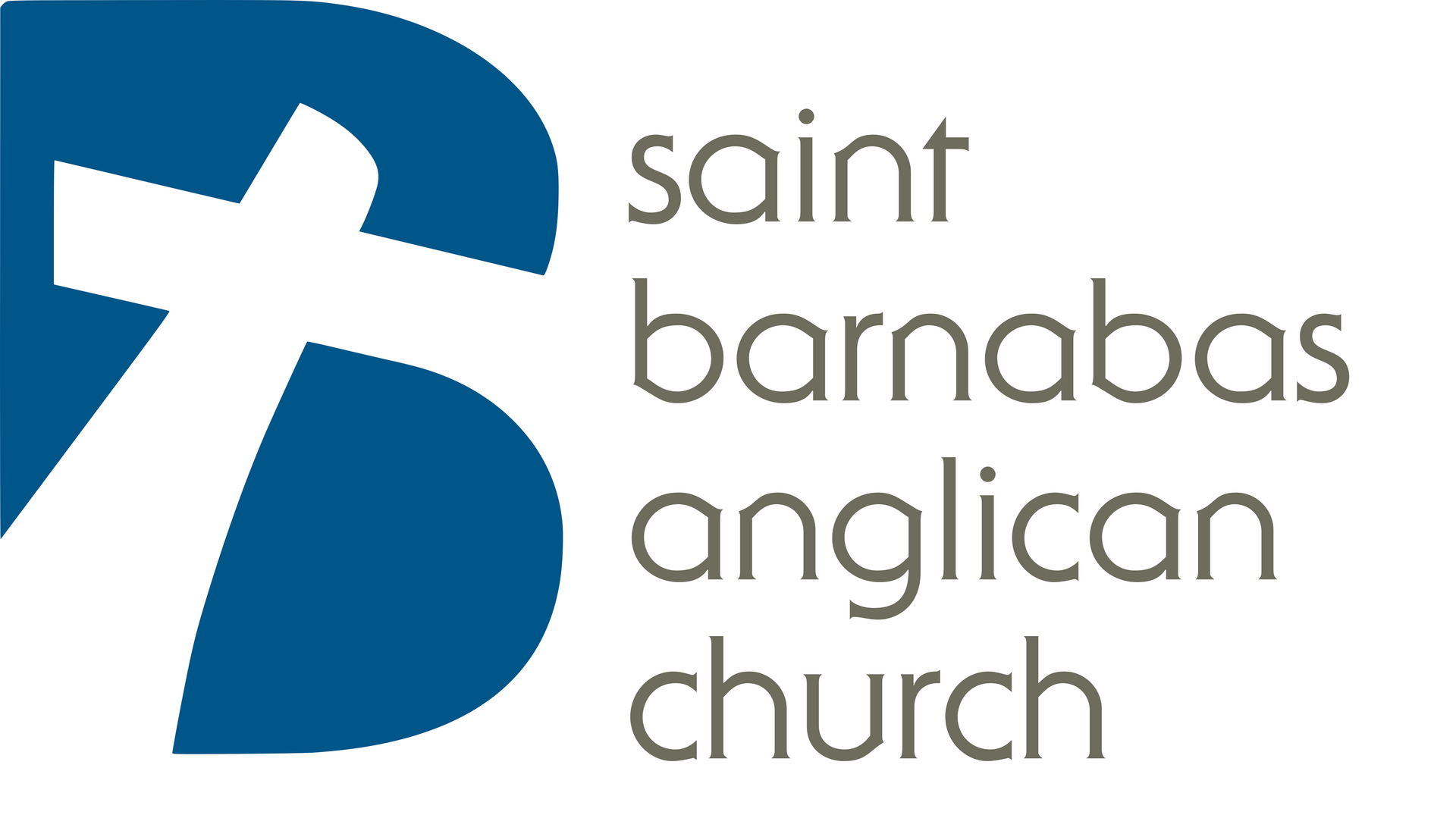Building Community as Stewards
In the coming three weeks we will turn to the Old Testament and the book 1 Chronicles as we focus upon our call to be stewards (Nov 17, 24, Dec 1). Our opportunity to respond on Commitment Sunday, fittingly falls on the first Sunday of new church year on Sunday, December 1. It comes at a time of year when we are reminded of what we are thankful for in our culture and the reminder in our church calendar of preparing for Jesus’ return in Advent.
In this season of thanksgiving, my heart is full of gratitude for each of you. The ministry, the lives impacted, and seeds sown this year have come through your giving. Each time we open the doors of the church, investments are made for ministry therein or that flows forth from it. Thank you! I hope you will be encouraged over the next three weeks through stories you hear toward that end from various parishioners. You have had a direct impact, because of your giving.
I also believe that the community that we so dearly love at Saint Barnabas is poised to be a city on a hill for those around us. As we look to the building of the temple in 1 Chronicles, we are invited to build a community here that enables you to be build up as living stones, and for others to find genuine community in fellowship with God and each of us. God has been so faithful to Saint Barnabas, and His love stands central to this hospitable church. As we look at where we’ve been, God is laying upon my heart ways we might help others discover what we’ve found here.
I’d invite you to begin to recount those blessings and hold them in prayer in the weeks ahead. I’d also invite you to begin earnestly asking the Lord where He may lead you to partner in the year to come. My only expectation is that you seek Him in this matter, and then heed His voice on December 1.
Faithfully,
Fr. Andrew Petta
Rector of Saint Barnabas Anglican Church
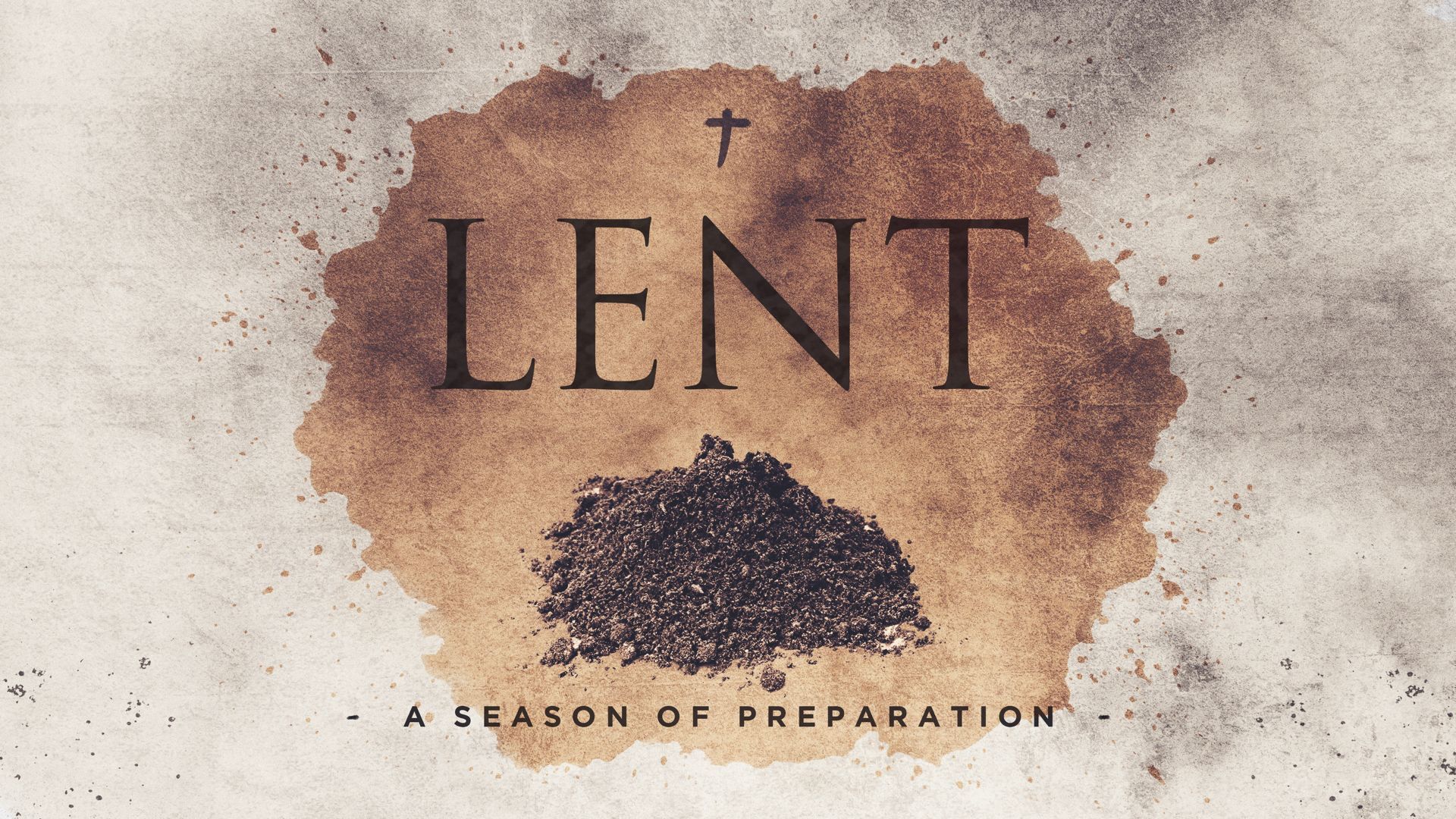
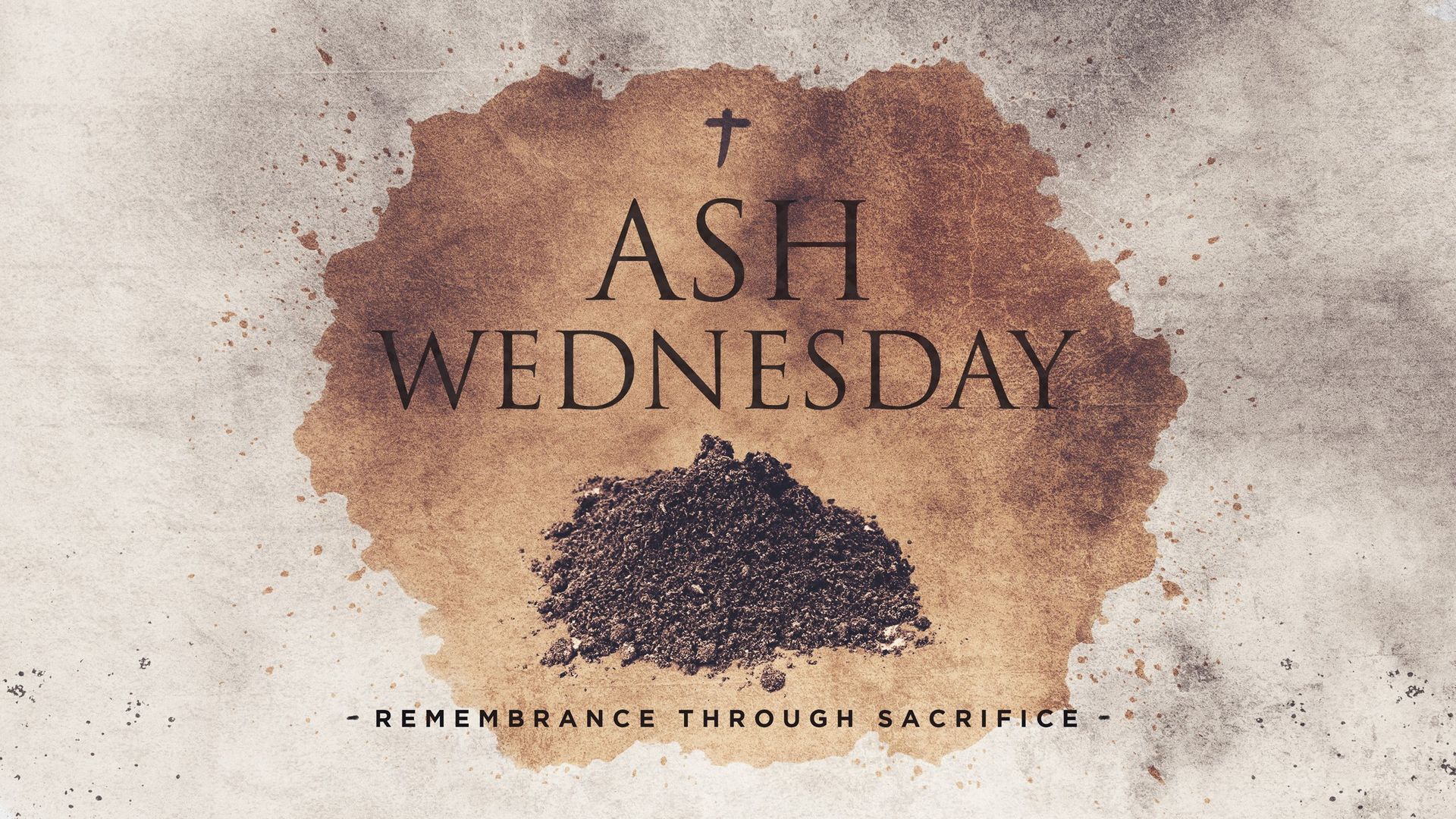
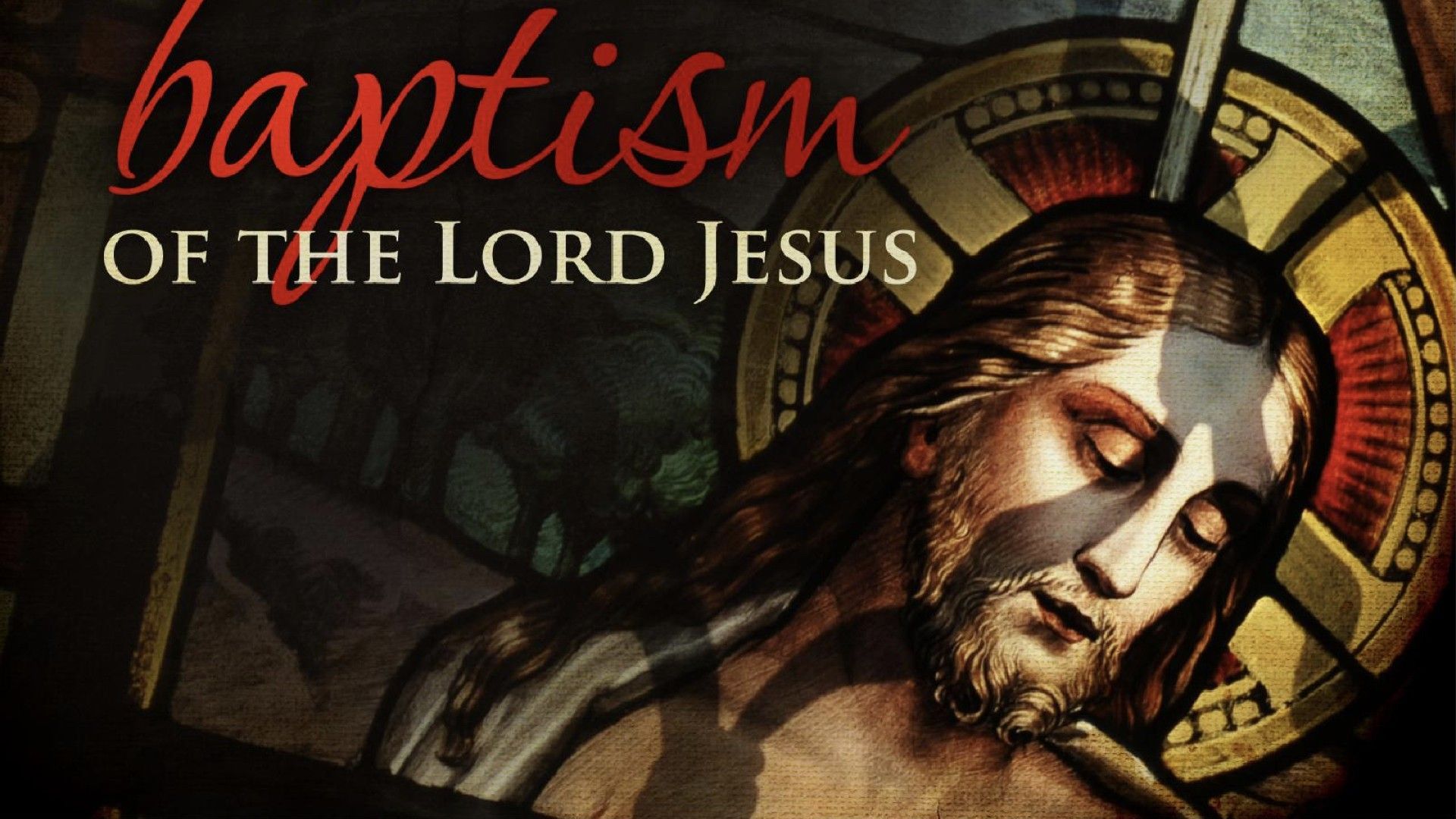
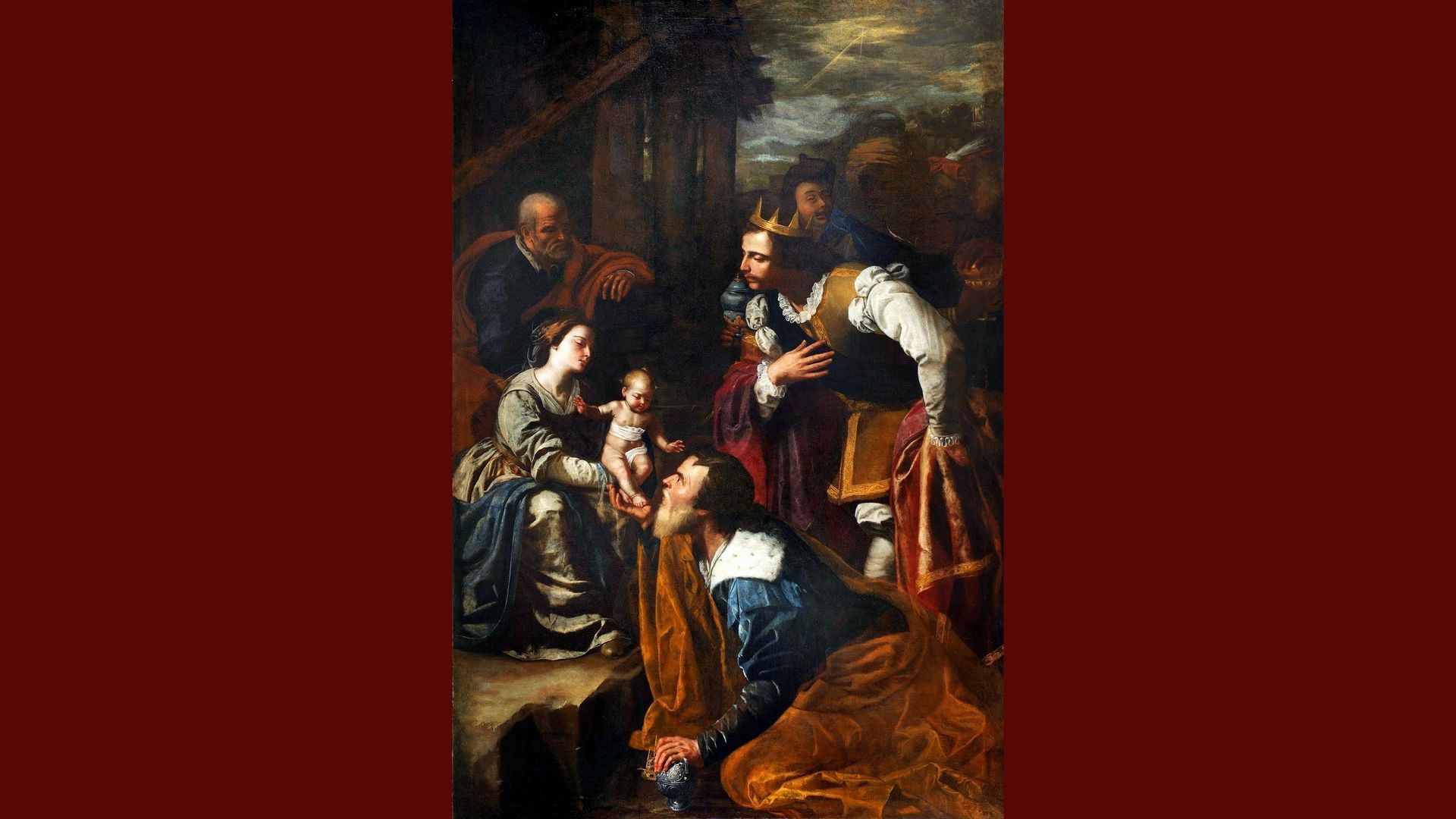
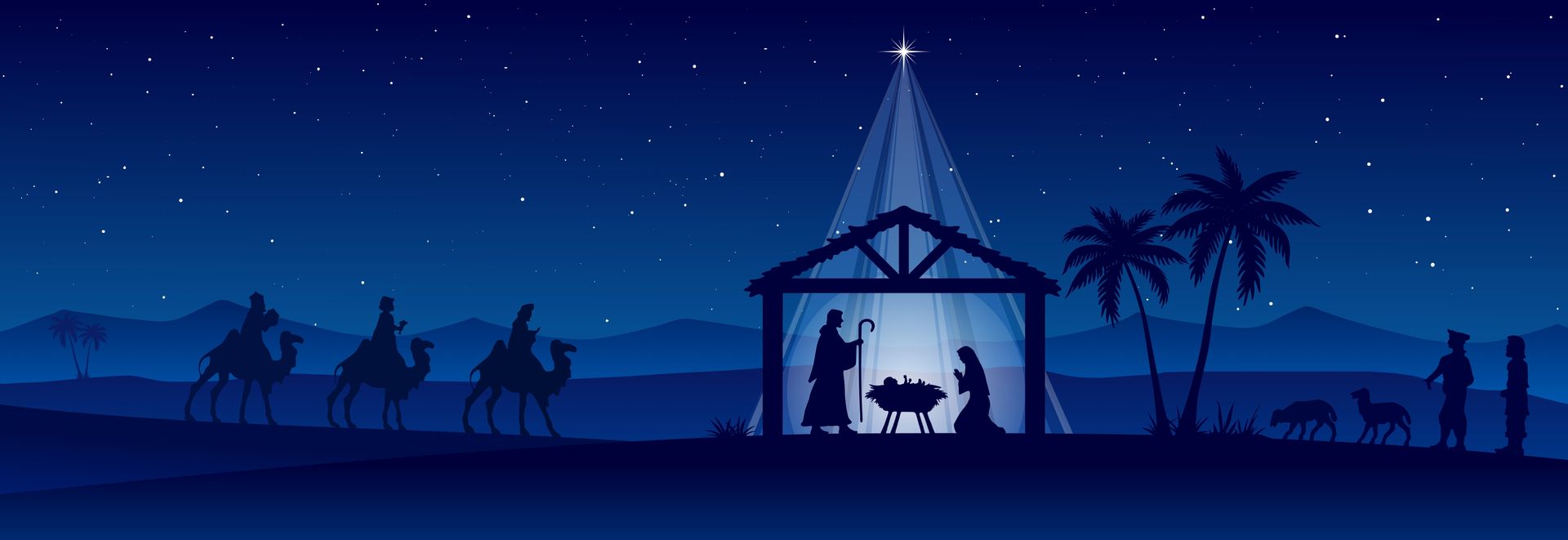
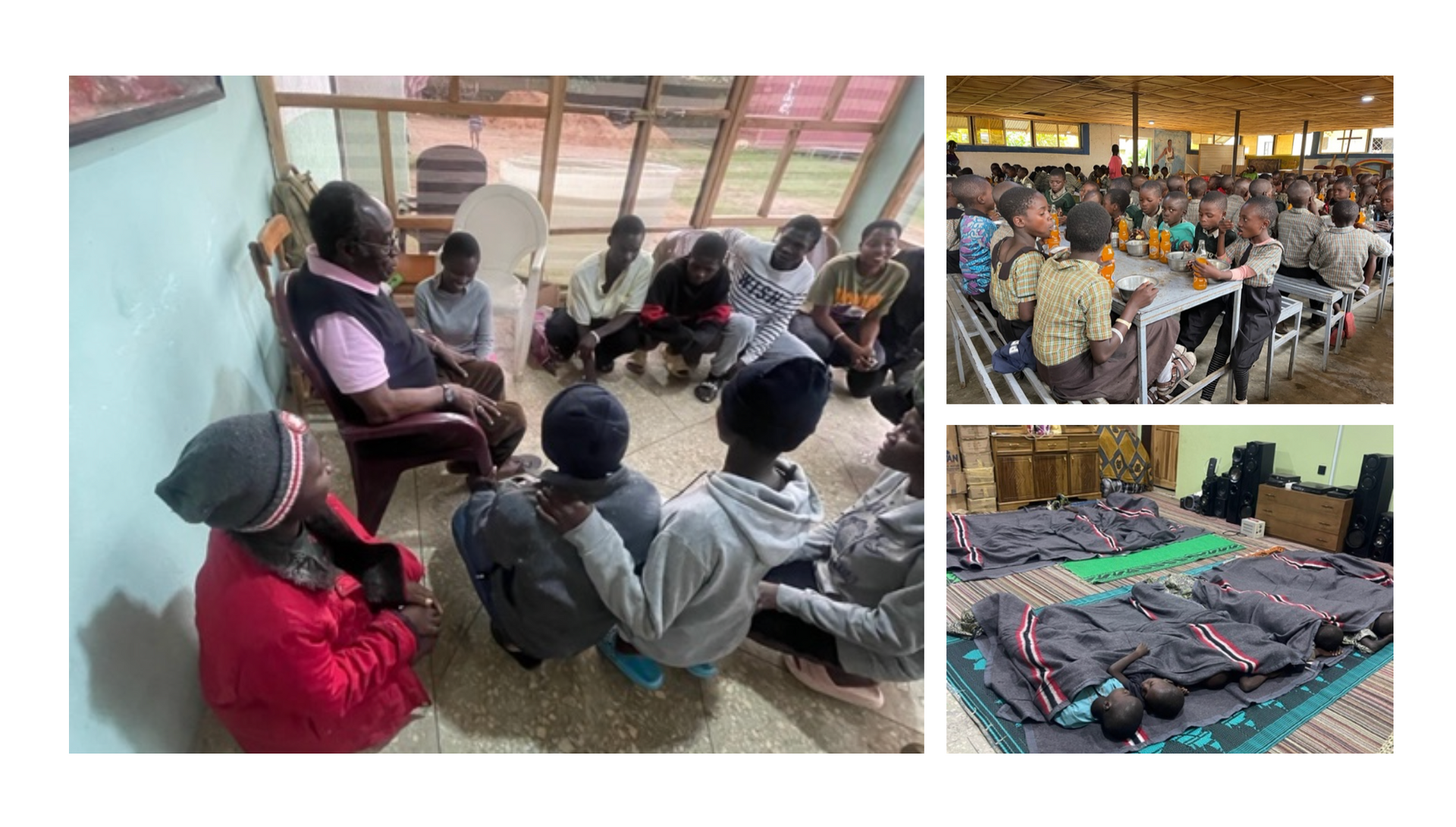

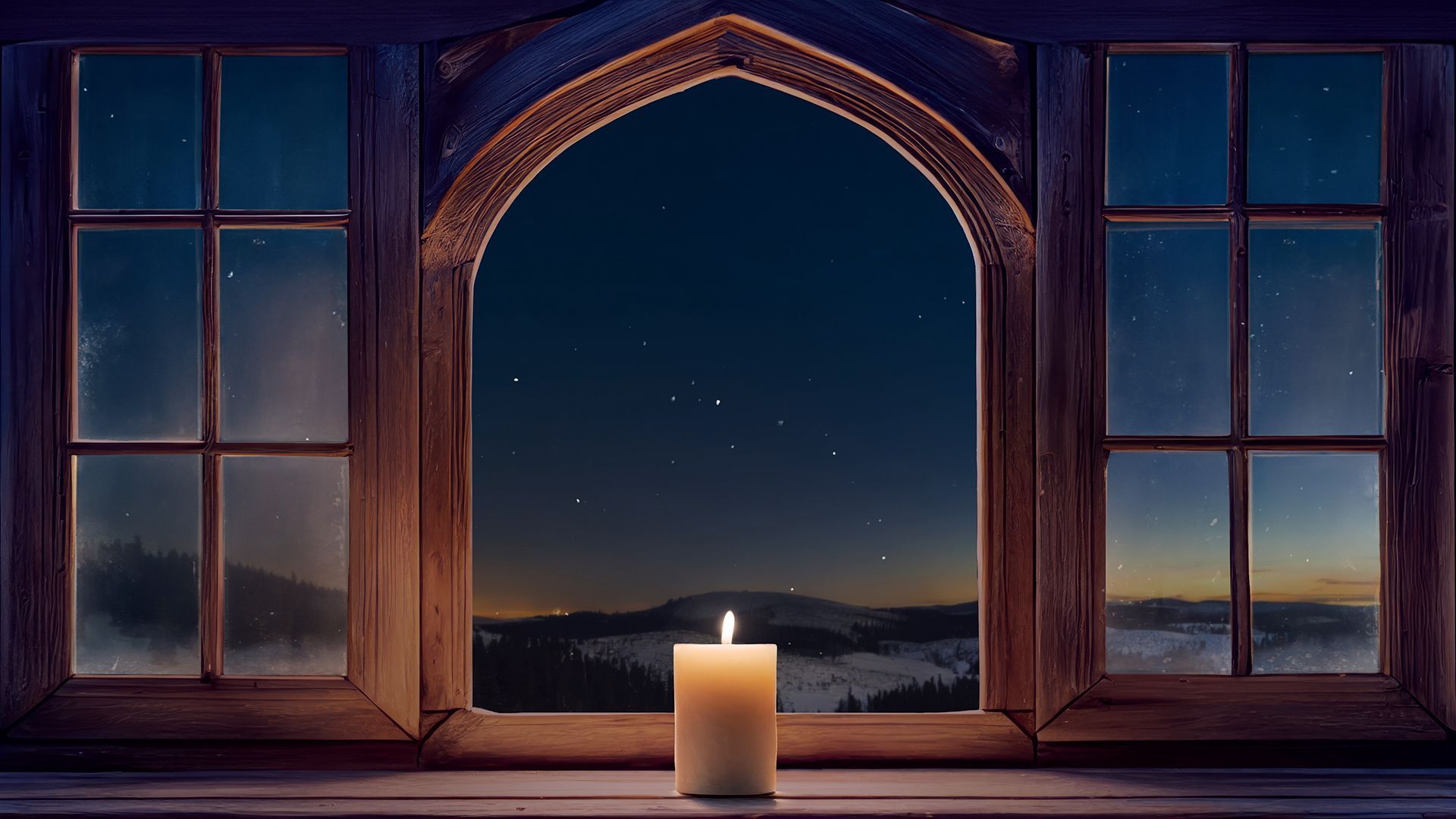
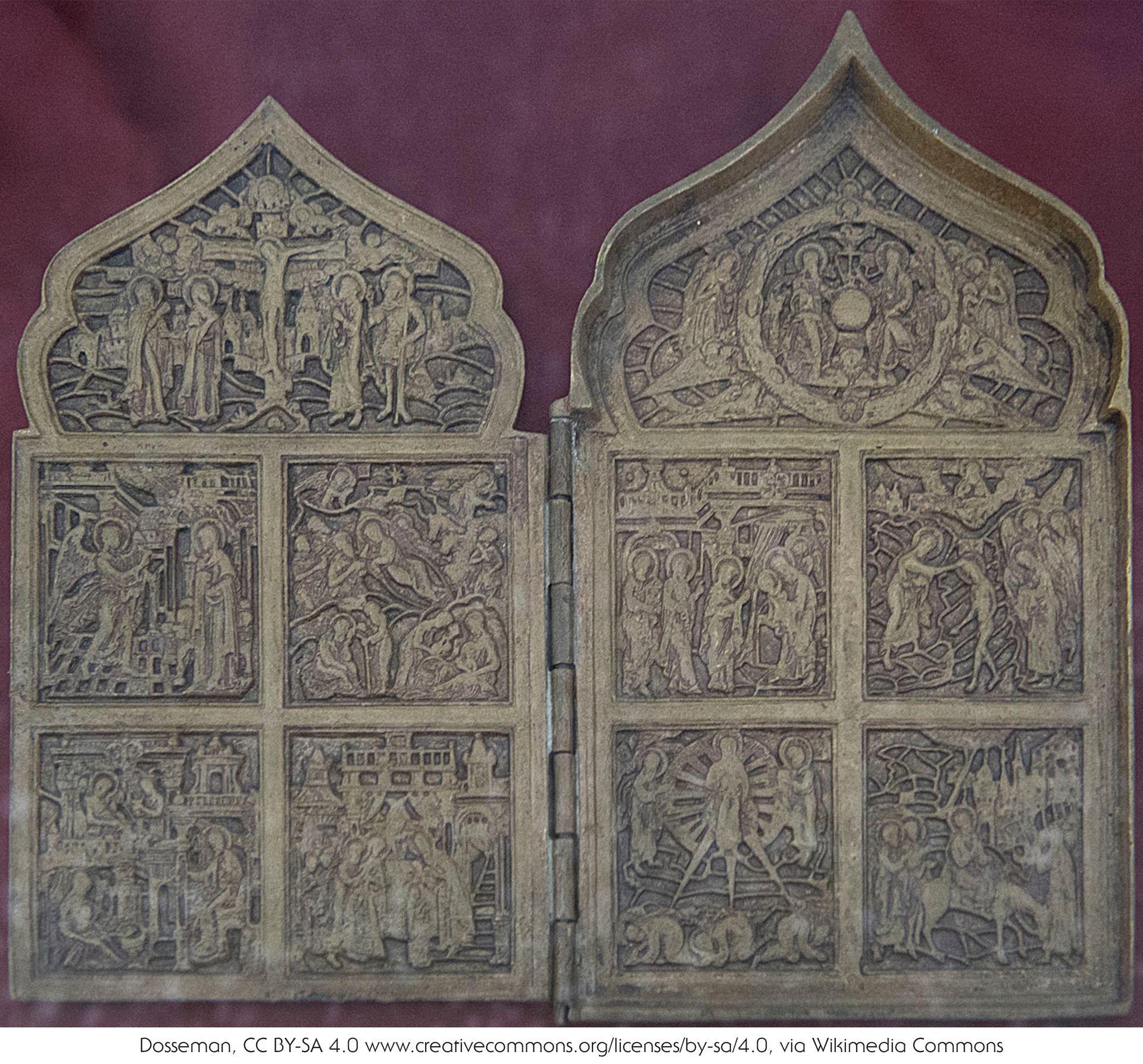

BROWSE OUR SITE
© 2025 Saint Barnabas Anglican Church Fort Worth


